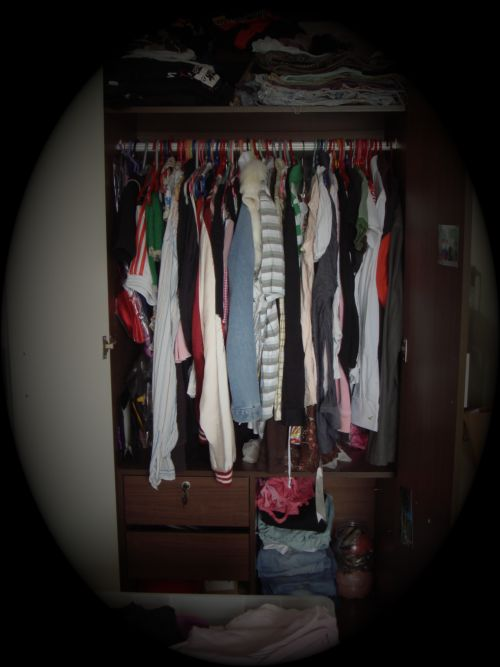Did You Know April is Financial Literacy Month?
I don’t get to meet new people so much anymore, but my social life still has some pulse. When I tell new people that I’m a corporate drone by day and writer by night, they perk up a bit and express interest, especially because they never heard of a personal finance blog that’s written from a queer perspective. And then of course I go into my usual spiel about how there’s something for everyone to learn from our website, gay or straight.
 However, there is one insight I take away from each introduction that I wish I could fix. I often explain that it’s not the gay thing that’s the biggest challenge to getting readers; it’s getting people to think about their finances in general.
However, there is one insight I take away from each introduction that I wish I could fix. I often explain that it’s not the gay thing that’s the biggest challenge to getting readers; it’s getting people to think about their finances in general.
After a few minutes more of talking with me about my money interests, I see that I inadvertently have become a complete buzzkill. I recognize the discomfort growing across someone’s face as I talk about how I’m aggressively paying off debts to move forward with my savings plan. Hearing someone throw around money terminology used to spark flashes of anxiety across my face before I grasped some financial literacy. I remember how I was afraid to say anything about money for fear that I’d “out” myself in terms of my financial irresponsibility.
I had no idea April is Financial Literacy Month until I came across GetRichSlowly.org/blog. All month in April they are presenting helpful links on the basics of finance, and so far they certainly cover topics I learned in class. Personally, I don’t believe a class is necessary unless you’re planning a career transition into something finance related. Start with something free and non-intimidating like the April series at GetRichSlowly.org. If you’re thirsty for more knowledge, there are several books on financial literacy that you can borrow from the library.
If you prefer more structured learning, check your local community college for a low-cost or free workshop on personal finance.
I completely respect and understand anyone’s hesitation about looking at their own finances. It takes a certain amount of bravery to open up that closet door and look inside to see what’s been collecting.
Knowledge will make opening that door just a bit less frightening, and it will prepare you to take action steps to fix things up. Things can only get better after grasping financial literacy. Whenever you’re ready, the info is out there.


A wonderful way to learn more about personal finance is by joining an investment club.
You don’t have to already know anything to find or start one — NAIC has step by step instructions for starting a club, http://www.better-investing.org/Public/Investment+Clubs/default.htm, and chapters located all over the US teach classes on how to research and study stocks, portfolio management, and club accounting. The classes may also be a great place to find an existing club, if you don’t want to start your own. (Clubs can’t advertise, because of SEC regulations.)
The 2.5 years I spent in an investment club (before moving 800 miles away) were the best financial education I’ve had.
After my first meeting, I was so confused and stressed out and scared that I couldn’t learn this stuff — and one of the members took me aside to say, “My partner and I are hippie artists. If we could learn this, you can learn it.” And for $25/month, which I got back plus my share of the returns when I left, the most cost-effective!
Part of the Carnival of Debt Reduction #84:
http://www.financeispersonal.com/2007/04/carnival-of-debt-reduction-84.html
The Suze Orman books and television programs are dry, but good.